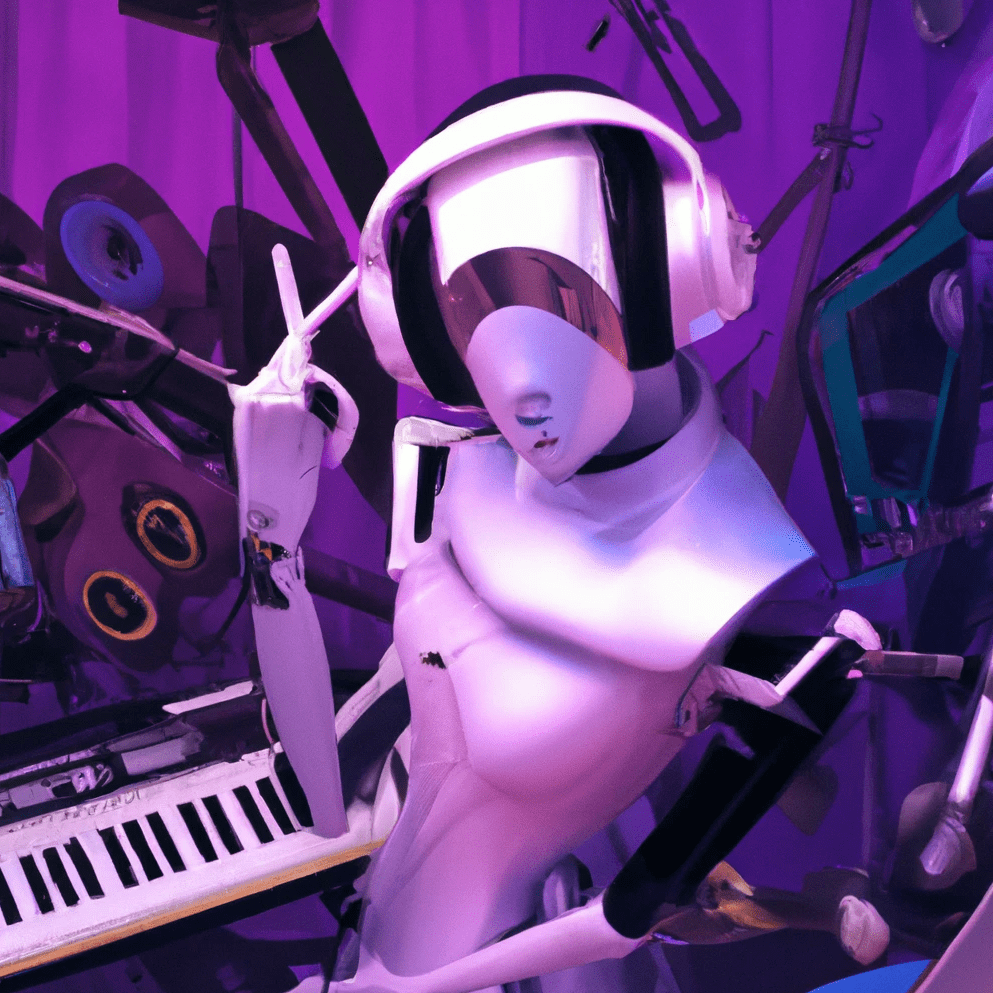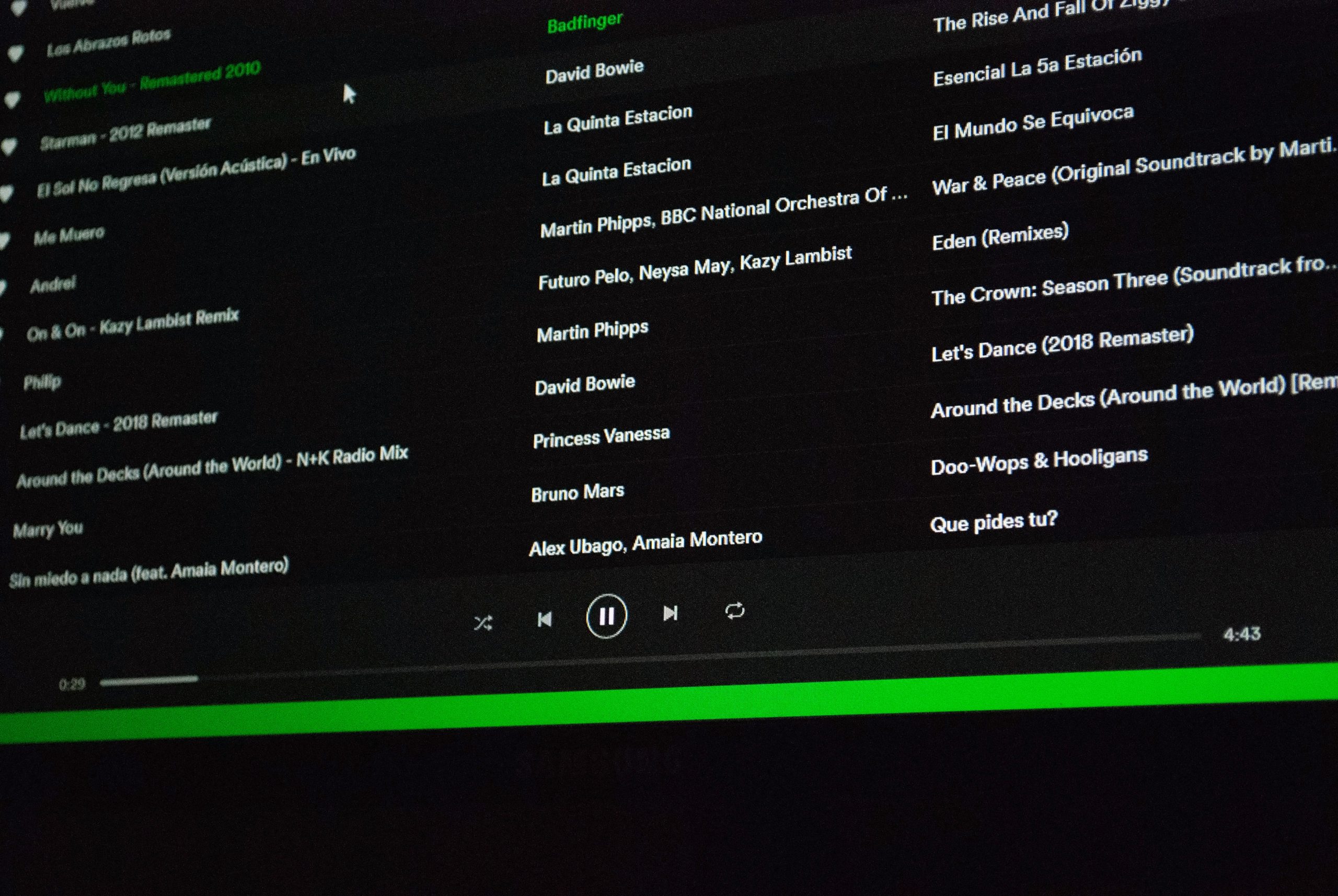What can music learn from games?
Forget The Beatles or BTS…the video games industry was worth over US$90 billion in 2020. This figure is expected to reach US$256.97 billion by 2025. [Source: Tech Jury] To put things into perspective, total music industry revenues for 2020 were US$21.6 billion. [Source: IFPI]
Over the past two decades, technological advancements have made it possible for video games and the video game market to evolve at a very fast rate. So what can the music industry learn from the video game market? And how can the music industry use technology and the video game market as leverage?
Maximising the potential of new technologies
History has shown that when it comes to market expansion, adopting new technologies is the way to go. The music industry lost precious time fighting the power of the internet and music-sharing services. Conversely, the video game market embraced new technologies to create different gaming formats that took gaming to the next level.
Myriads of different channels
In the 90s, some of the top music companies were trying to push different music formats to sit alongside the CD. The rationale behind this? Not relying on a single format. In 1992, Sony announced the MiniDisc (MD). Sony only managed to sell 22 Million MD players. The Digital Compact Cassette (DCC) was launched as the MiniDisc’s direct competitor. The DCC ended up being a popular professional digital audio storage format but never found mainstream success.
Fast forward to the late 2010s and the 2020s, and premium streaming is the reigning music format. In contrast, the gaming industry has managed to keep “traditional” formats and come up with new ones.
It’s not all doom and gloom, though. Vinyl is experiencing a comeback – with sales growing 29% to US$626 million. [Source: New York Post] In South Korea and Japan, CDs are still very popular. An increase in channels and formats encourages more music fans to purchase music. This ultimately benefits musicians and songwriters, as they don’t have to rely on touring and live shows for income.
Marketing and promoting the material to all demographics
The gaming industry has expanded beyond its original demographic, i.e. the stereotypical white, male gamer. By using different marketing channels, the video game industry is targeting different geographical regions and demographics.
According to research, 41% of gamers in the U.S are women. 38% of all gamers are between 18 and 34 years of age, while 6% are older than 65. [Source: Statista] More and more people are seeing gaming as a viable career: people in the Philippines are using games like Axie to make money, while a career in e-sports is now seen as a viable career.
While music is universal, companies need to refine their marketing skills to turn passive listeners into active consumers in the same way video game companies managed to turn the majority of gamers into paying gamers.
Updated copyright laws
As things stand, copyright owners need to veto an idea or a sample before it can be used. This limits artists, labels and companies supporting artists from investing in certain songs that feature samples, or licensing songs because of the headache that is copyright law. Copyright law desperately needs to be updated to meet current demands, especially because licensing and syncing can actually help musicians and songwriters expose themselves to a whole new market and make money.
Gamification techniques
There’s an increasing emphasis on the concept of gamification: “the application of typical elements of game playing (e.g. point scoring, competition with others, rules of play) to other areas of activity, typically as an online marketing technique to encourage engagement with a product or service.” [Source: Oxford Languages]
In the past couple of years, the music industry took a page out of gaming’s playbook by recognising the importance of interactive platforms like TikTok and social media platforms to enhance the interactivity of the fan experience. There’s scope for this to grow: virtual performances and in-metaverse hangouts are all the rage, and major labels are finally recognising their potential.
Embracing the future of the music-gaming partnership
Instead of viewing gaming as a repugnant opponent, forward-facing music companies should focus on the fact that music and gaming just go together. By embracing virtual entertainment, partnership opportunities, in-metaverse performances, Twitch and other gaming platforms, musicians and music companies can now reach thousands of people, without having to rely on that mythical big break to do so.
Photo by Fredrick Tendong on Unsplash






